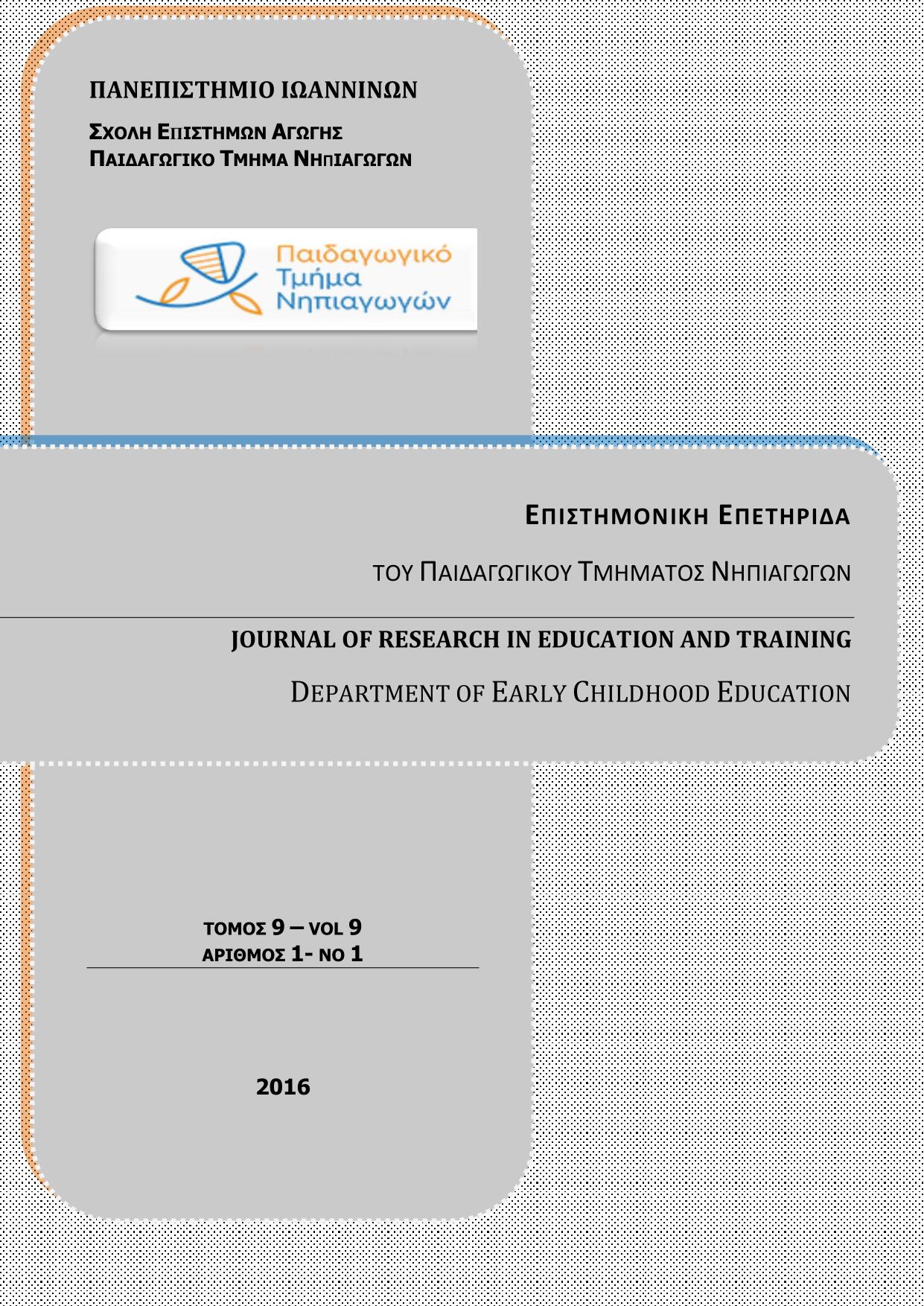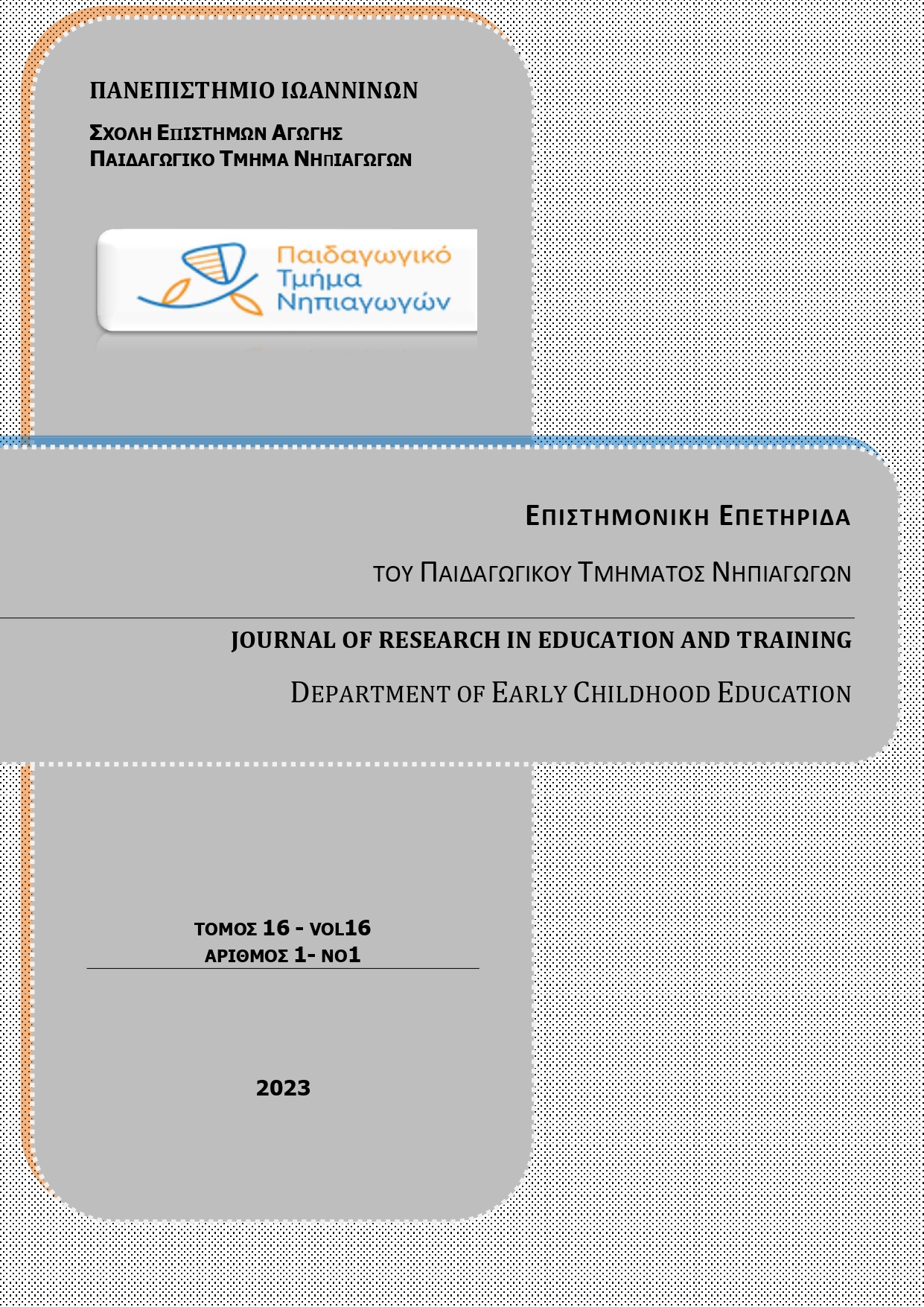Do Greek teachers experience professional burnout? The role of demographic characteristics and daily stressful events.

Abstract
The present study investigates professional burnout in Greek school teachers as related with demographic characteristics and daily stressors in a period of economic crisis and intensification of procedures for the evaluation of the educational work. Participants were 1439 pre-primary, primary and secondary school teachers from all the geographical regions of Greece. Each participant completed the Maslach Burnout Inventory, the Sources of Teachers’ Professional Stress Questionnaire, and demographic data. Findings of the study indicate that the present sample, in the present conditions, reported high levels of professional burnout. Nevertheless, Greek teachers reported feelings of being high emotional exhausted in work. They also scored low in personal accomplishment and medium to high in depersonalization. Present results also show that the levels of burn out varied according to demographic data as educational level, biological age and educational experience, gender and marital status. Findings of the study also highlighted daily stressful event that predict teachers’ burnout. The results of the study are discussed in the context of the recent literature.
Article Details
- How to Cite
-
Κάμτσιος Σ., & Λώλης Θ. (2016). Do Greek teachers experience professional burnout? The role of demographic characteristics and daily stressful events. Journal of Research in Education and Training, 9(1), 40–87. https://doi.org/10.12681/jret.10277
- Issue
- Vol. 9 No. 1 (2016)
- Section
- Articles

This work is licensed under a Creative Commons Attribution-NonCommercial-ShareAlike 4.0 International License.
Authors who publish with this journal agree to the following terms:
- Authors retain copyright and grant the journal right of first publication with the work simultaneously licensed under a Creative Commons Attribution Non-Commercial License that allows others to share the work with an acknowledgement of the work's authorship and initial publication in this journal.
- Authors are able to enter into separate, additional contractual arrangements for the non-exclusive distribution of the journal's published version of the work (e.g. post it to an institutional repository or publish it in a book), with an acknowledgement of its initial publication in this journal.
- Authors are permitted and encouraged to post their work online (preferably in institutional repositories or on their website) prior to and during the submission process, as it can lead to productive exchanges, as well as earlier and greater citation of published work (See The Effect of Open Access).



